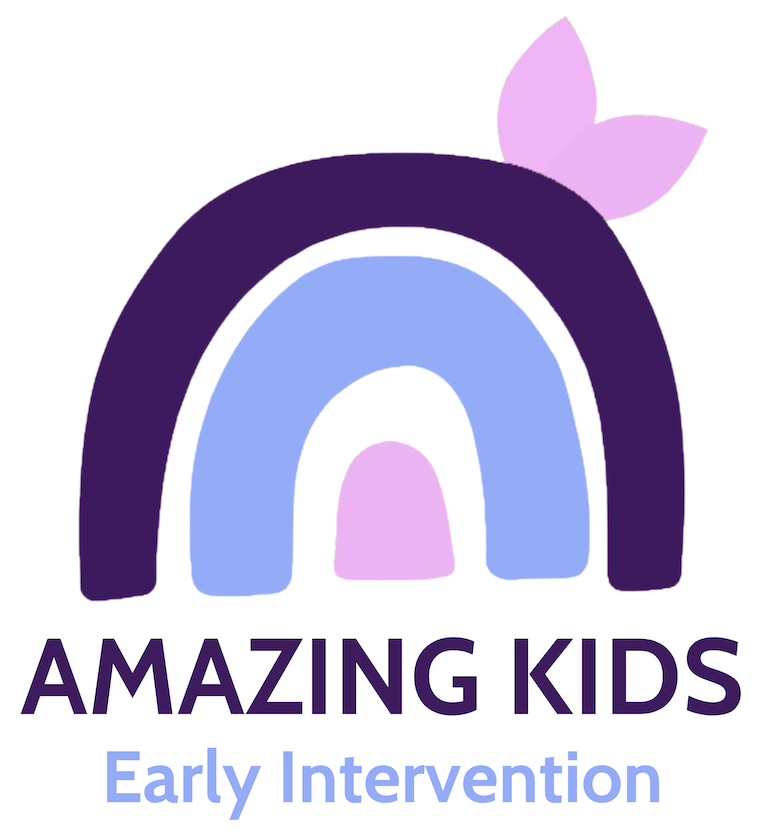The transition to school can be a significant milestone for autistic children under five and their families. This new phase of life presents unique challenges, especially for those with communication, social, and developmental needs. At Amazing Kids, we are dedicated to assisting families in Melbourne by providing evidence-based, individualised services through the Early Start Denver Model (ESDM). With our expert guidance, parents and potential therapists can work together to ensure a successful school transition, fostering a positive educational experience for young autistic children.
For autistic children, preparing for the transition to school involves building on essential skills and adapting to new routines, expectations, and social environments. By equipping them with the necessary communication, social, and emotional tools, parents and therapists can contribute to a smoother and more successful transition into their academic journey.
In this blog, we will explore the importance of preparing autistic children under five for a successful school transition, emphasising the unique challenges they may face and the long-term benefits of early preparation. We will then delve into practical strategies and tips that both parents and therapists can employ to ease the transition process for young autistic children. Additionally, we will highlight the critical role of Amazing Kids therapists in providing targeted support, using the principles of the Early Start Denver Model to enhance our young clients’ school readiness.
1. Unique Challenges Autistic Children Face in School Transitions
Transitioning to school can present several unique challenges for autistic children, including:
– Adjusting to new routines and schedules, which may cause increased anxiety and stress
– Navigating social situations and forming friendships with peers
– Communicating effectively with teachers and classmates, especially when feeling overwhelmed or overstimulated
– Managing sensory sensitivities in a busy and noisy school environment
2. Essential Preparation for a Successful School Transition
To provide the best possible support for young autistic children, parents and therapists can work together on essential preparation efforts:
– Develop Social Skills: Strengthen social skills such as turn-taking, sharing, and understanding non-verbal cues to facilitate smoother social interactions in the school environment.
– Enhance Communication Abilities: Improve their ability to express their thoughts, feelings, and needs clearly, which will help them better engage with teachers, peers, and new learning experiences.
– Establish School-Ready Routines: Gradually introduce routines and schedules that mirror school structures, helping children adjust to these new expectations before they start their school journey.
– Collaborate with the School: Share insights and strategies with the school’s professionals to ensure they are well-equipped to accommodate the child’s unique needs and provide a supportive environment.
3. Strategies for Parents to Support Autistic Children in School Transition
Parents play a vital role in supporting their autistic child during the school transition, and these strategies can help create a positive and successful experience:
– Familiarise with the School: Visit the school with your child before the school year begins, acquainting them with key areas such as classrooms, bathrooms, and the playground, helping to reduce their anxiety.
– Practise School-Related Skills: Reinforce essential school skills such as sitting attentively, following instructions, and engaging in group activities by incorporating them into daily routines.
– Create a Visual Schedule: Develop a visual schedule outlining the school day’s key events, allowing the child to gain a sense of predictability and control over their daily activities.
– Maintain Open Communication with school staff: Actively communicate with teachers and other staff members about your child’s challenges, strengths, and preferences to foster collaboration in supporting their transition.
4. The Role of Amazing Kids Therapists in School Transition Preparation
The skilled therapists at Amazing Kids employ the principles of the Early Start Denver Model to foster a successful school transition for autistic children:
– Provide Individualised Support: Assess the child’s unique needs and develop a tailored therapy plan targeting areas of growth and improvement related to school readiness.
– Collaborate with Families: Offer guidance, tools, and resources for parents to integrate school transition strategies into daily routines and maintain a supportive environment at home.
– Coordinate with School Professionals: Establish connections with the child’s future school and consult with teachers and staff members to ensure a smooth and seamless transition.
– Continuously Evaluate Progress: Monitor the child’s progress, adjusting interventions as necessary based on developing needs and challenges, ensuring ongoing success and growth throughout the transition experience.
Conclusion:
Preparing autistic children under five for a successful transition to school is an essential step in fostering academic and social success. By understanding the unique challenges they may face and employing targeted strategies, parents and therapists can work collaboratively to create a positive and supportive environment for these young learners. Amazing Kids therapists play a pivotal role in this process, utilising the Early Start Denver Model’s expertise to provide evidence-based interventions and support for both children and families.
At Amazing Kids, we strongly believe that every child diagnosed with autism should have the opportunity to showcase their talents and abilities. Our specialised autism therapy programs aim to assist your child in acquiring crucial skills and capabilities. Contact us now to collaborate and create a positive impact together.
